Remove paint from tile — if you’re reading this, chances are you’ve just had a paint mishap. Maybe a roller slipped, or the kid’s craft project got out of hand. Now, your beautiful tile floor has an unwanted splash or stubborn spot. You’re probably frustrated and searching for a real fix that won’t make things worse.
No worries — we get it. Paint on tile can feel like a nightmare. But no matter how you ended up here, this post might just save your floor. We’ve dug up some lesser-known, trusted tricks that pros swear by.
So, if you’re ready for solutions you might not have tried, let’s jump in!
Heads up! This post contains affiliate links. As part of the Amazon Associates Program, we earn from qualifying purchases at no extra cost to you.
A Quick Note on the Usual Fixes
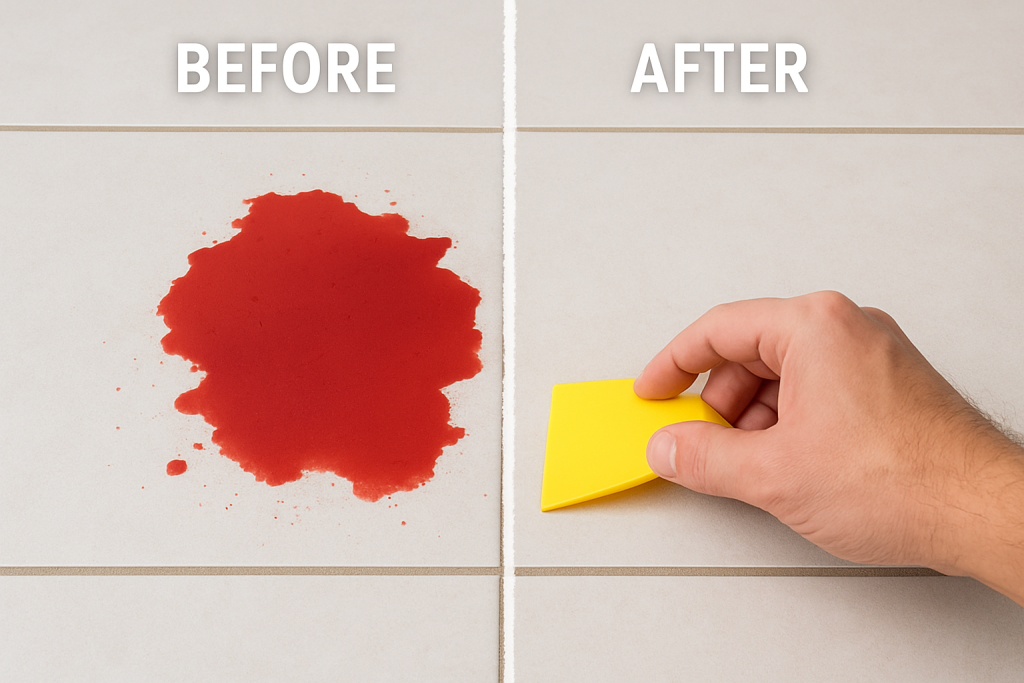
You’ve probably seen the usual tips: vinegar, acetone, dish soap, or good old scraping. These can work, depending on the type of paint and tile. But sometimes, they just don’t cut it. Or you may be worried about damaging your tile. If that’s so, it’s time to dig a little deeper.
So, if you’re wondering, how do I remove paint from tiles without the mess, the fumes, or the frustration, you’re in the right place.
Let’s look at some unexpected tricks that just might surprise you.
Unexpected Trick #1: Soy-Based Gel Removers
One of the most surprising, gentle, yet powerful ways to remove paint from tile is with a soy-based gel paint remover. You’ve probably never heard of it. But pros swear by it—and it might just be the hero you’ve been waiting for.
🧪 Why It’s Lesser-Known (But Great)
Soy-based gels, like Blue Bear® Soy Gel™, are plant-based, low-odor, and non-caustic. They cling to vertical surfaces, encapsulate multiple paint layers, and work slowly—so you don’t need to rush. Unlike harsh strippers, they don’t fume or eat away finishes when used correctly.
🛠 How to Use It Safely
Step 1. Spot-test first. Pick a corner or under a cabinet and try a small amount of gel to see if it damages the tile.
Step 2. Apply a thick layer—at least enough to cover the paint completely. If you apply it too thinly, it may dry out before it works.
Step 3. Let it sit. Depending on the paint thickness, it may take anywhere from 30 minutes to several hours to act. The slow action is its strength.
Step 4. Use a plastic scraper or putty knife to lift softened paint.
Step 5. Rinse gently with water or a mild degreaser to remove residue.
Because soy gel works its way down through layers, it’s especially strong at tackling leftover coats, sealed surfaces, or stubborn emulsions. It works well on both latex and oil‑based paints.
If you’d like a visual demo of soy‑gel in action, here’s a helpful video—How to Strip Lead Paint with Soy Gel™ and Lead Out™ by Franmar:
Note: While the video shows the product being used on wood, soy-based gel removers are also safe for many tile surfaces. Professionals use them in restoration jobs where both care and effectiveness matter. As explained, just be sure to spot-test in a hidden area first to check for any reaction with your tile’s finish or grout.
You can also check out this general article on natural paint removers (which includes soy‑based options) from The Spruce: 4 Natural Paint Removers for Every Surface.
Unexpected Trick #2: Steam from a Clothes Steamer
Got a handheld clothes steamer? That might be all you need. If you don’t have one, consider a basic option, such as the Conair Turbo ExtremeSteam Handheld Steamer, for this job and future ones. It works great for small cleaning tasks around the house.
This gentle trick uses nothing but steam to loosen stubborn paint from tile. No chemicals, no fumes; just warm water vapor and a bit of patience.
Here’s how it works:
Hold the steamer a few inches above the paint. Let the steam gently warm the area. In a minute or two, the paint should start to soften. Once it does, gently scrape it off with a plastic tool or cloth.
It’s especially helpful if you’re wondering how to remove paint from painted tile without damaging the finish underneath. Since there’s no harsh scrubbing, it’s much safer on delicate surfaces.
This method works best on water-based paints or thin layers. It might not be the fastest fix, but it’s one of the safest. And hey, it’s oddly satisfying to watch that paint lift right off. 😌
Unexpected Trick #3: WD-40 or Citrus-Based Oils
Is the paint on your tile dry or splattered? WD-40 or citrus-based oils might be your secret weapon.
WD-40 isn’t just for squeaky hinges—it’s excellent at loosening paint without the need for harsh scrubbing. Spray a little on the stain, let it soak for 10-15 minutes, then gently scrape it away with a plastic tool or cloth.
If you prefer something more natural, citrus oils (thanks to d-limonene) or even olive oil can do the trick. They break down paint gently but effectively. Just apply, let it sit, and work the paint loose.
This method is perfect if you’re asking how to remove paint from tiles without chemicals or strong solvents. Plus, it’s easy on your hands and the tile finish.
Just remember: patience is key. Let the oils do their work, and the paint will come off without a fight.
Unexpected Trick #4: Clay Bar (Auto Detailing Secret)
Here’s a neat trick borrowed from car lovers: the clay bar. Pros use it to gently lift paint overspray off vehicles—without scratching the finish.
Surprisingly, it works just as well on tiles! When used carefully, a clay bar can lift thin layers of paint without harming delicate tile finishes. It’s perfect for light touch-ups or spots that just won’t budge. Just rub the clay bar gently over the paint, and watch it lift away the mess.
If you’re wondering how to remove paint from tile floor without harsh chemicals or scrubbing, this could be your new best friend.
Just make sure your tile is clean and dry before you start, and go slow. It’s a gentle, smart way to get your floor looking fresh again.
Pro Tips for Best Results (No Matter the Method)
Before trying anything, always test it in a hidden spot first. Better safe than sorry. Skip metal scrapers unless your tile is super tough. A plastic scraper or an old credit card is usually enough.
Use microfiber cloths for wiping and buffing. They’re gentle and don’t leave lint behind. Once the paint is gone, give your floor a solid clean. It’ll help remove any leftover residue and bring back that fresh, clean shine.
👉 For a sparkling finish, check out our pick for the best spin mop for tile floor— it makes cleanup quick and satisfying.
Wrap-Up: There’s Always a Way
Tile is tough — and with a bit of creativity, it can survive just about anything.
If the usual approach doesn’t work, don’t give up just yet. Try one of these unexpected tricks. One of them might be the game-changer your floor needs. Remember, there’s more than one way to remove paint from tile — and sometimes, it just takes the right approach.
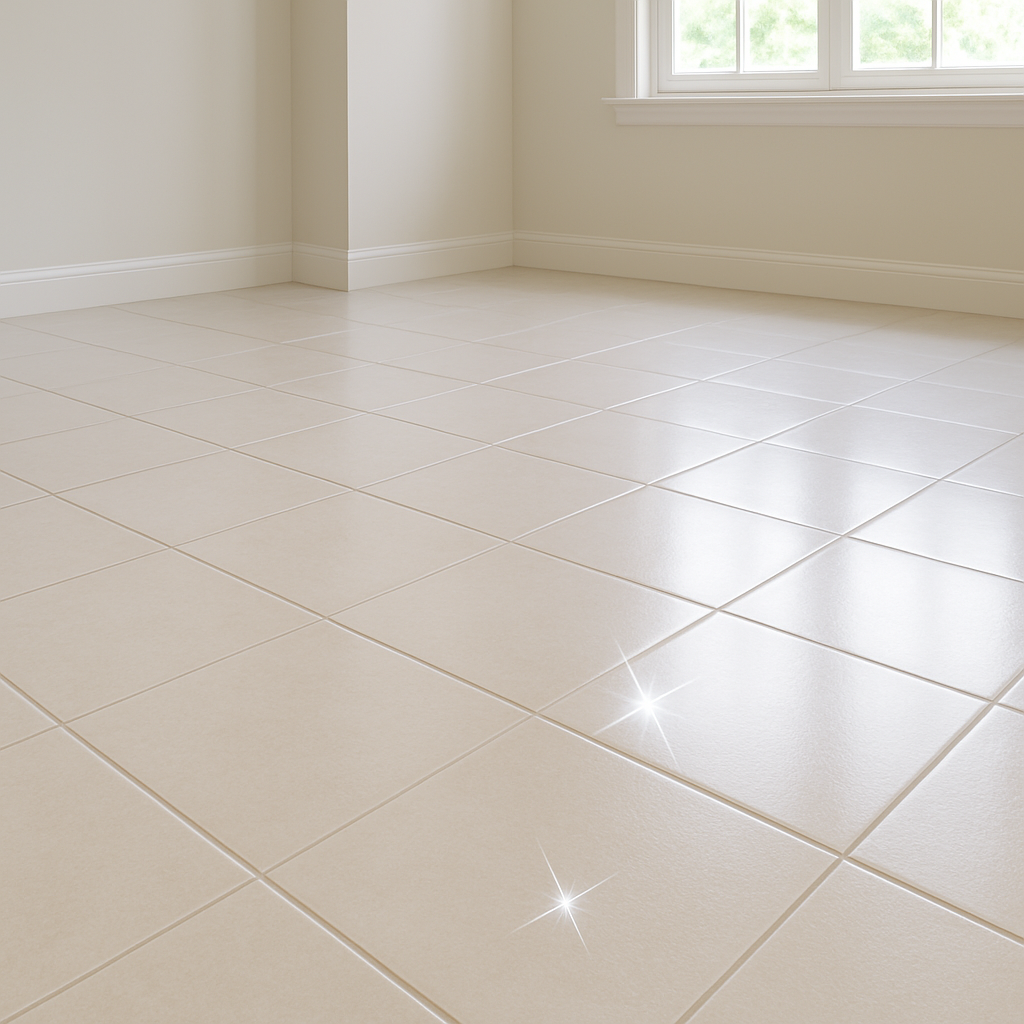
Tried something that worked for you? Or learned a lesson the hard way? We’d love to hear about it! Drop your story in the comments and help someone else save their tile too.
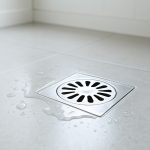

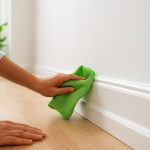


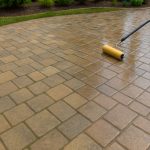

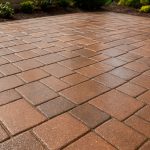


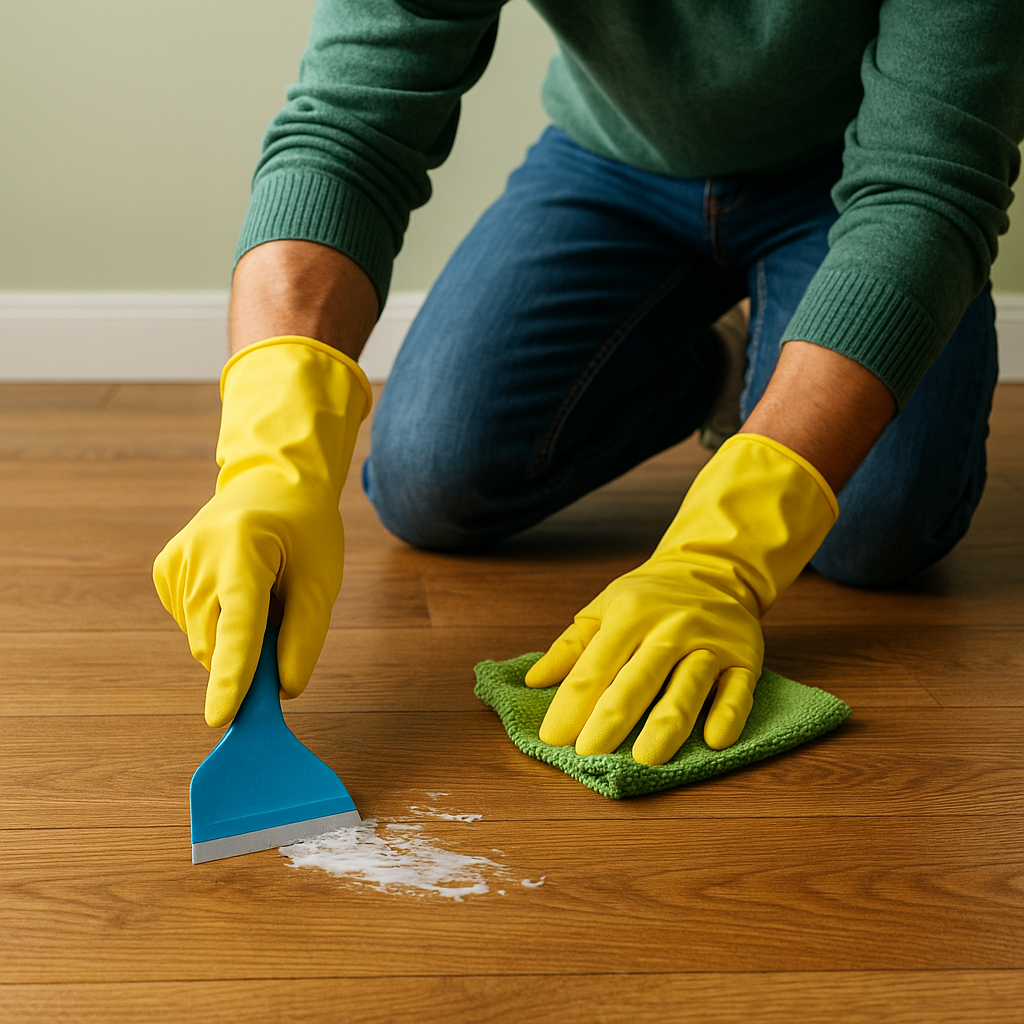
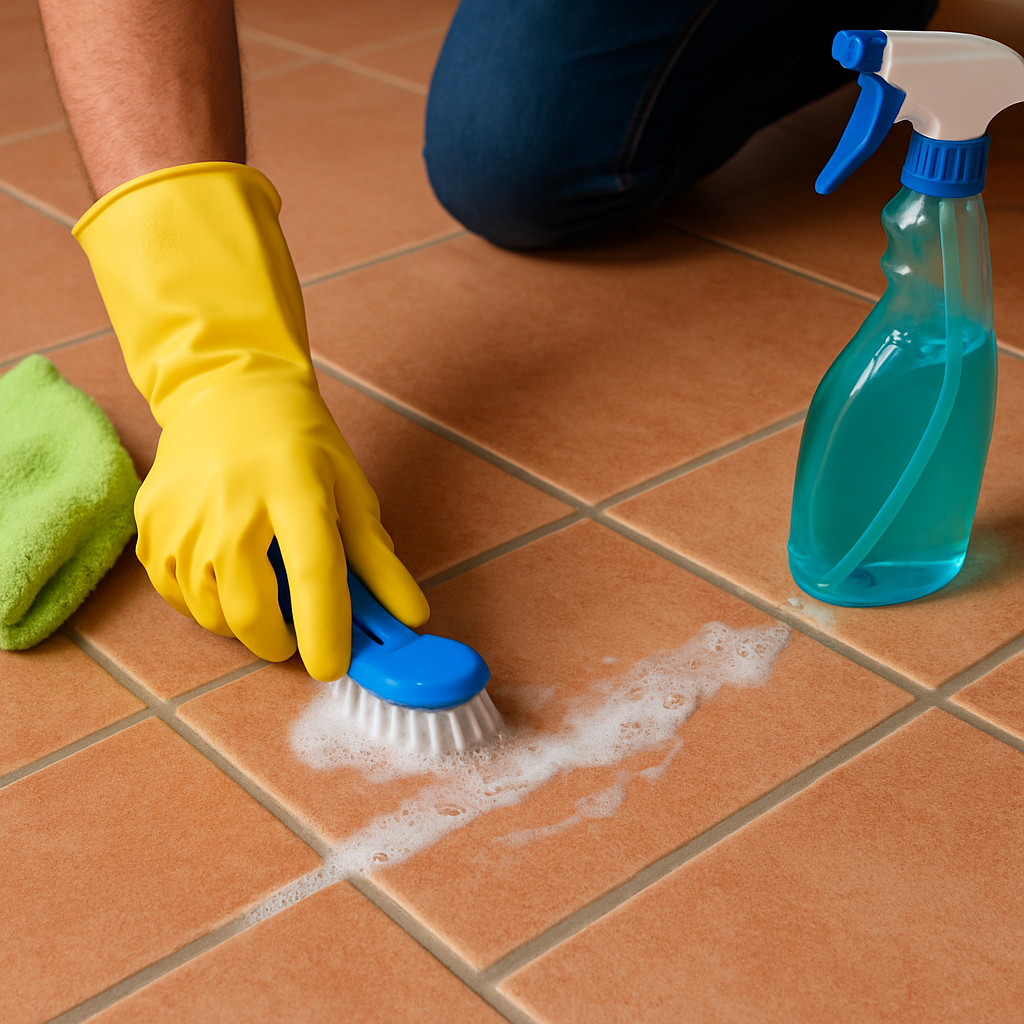
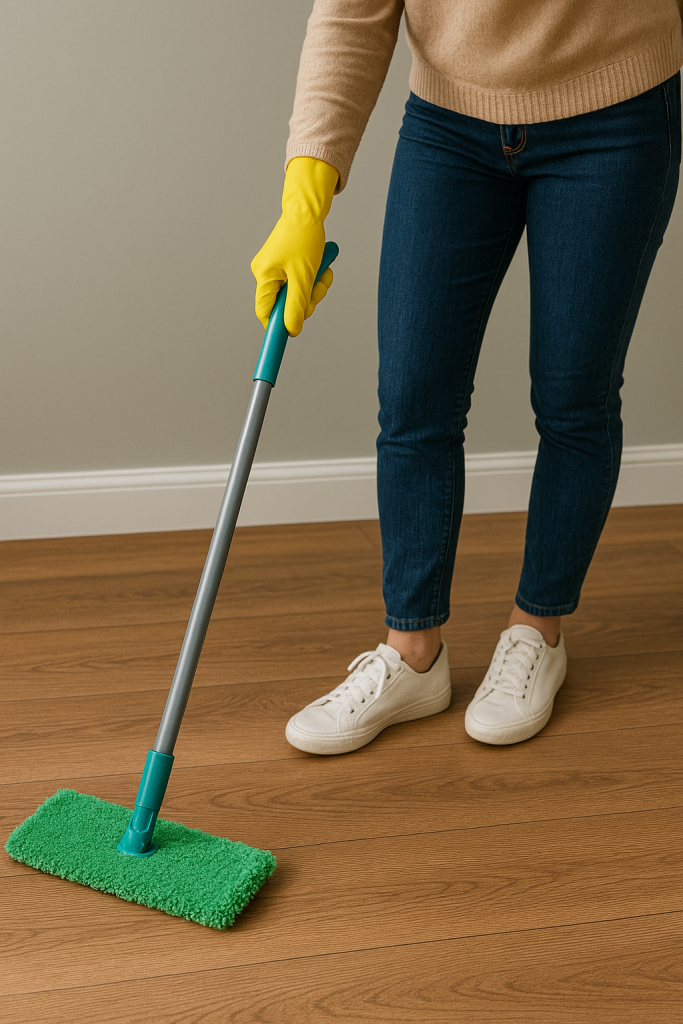
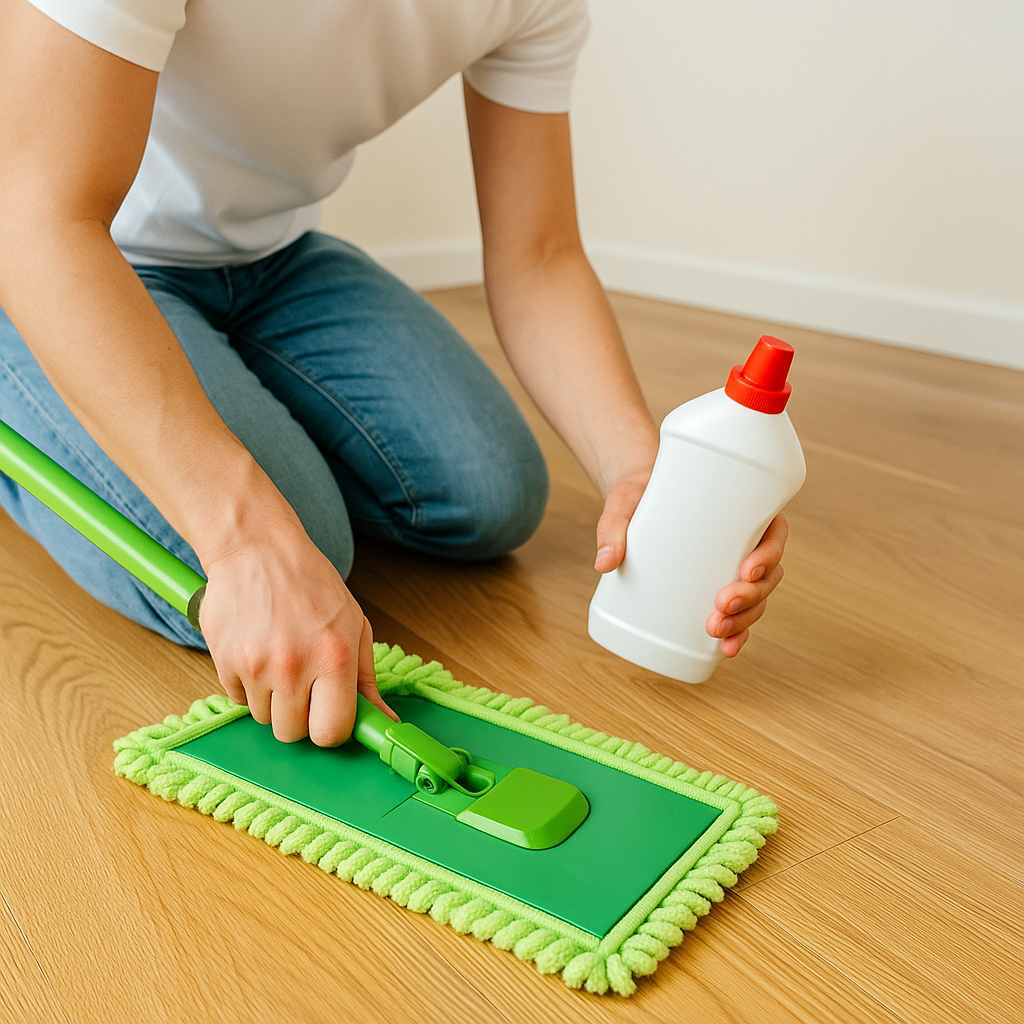
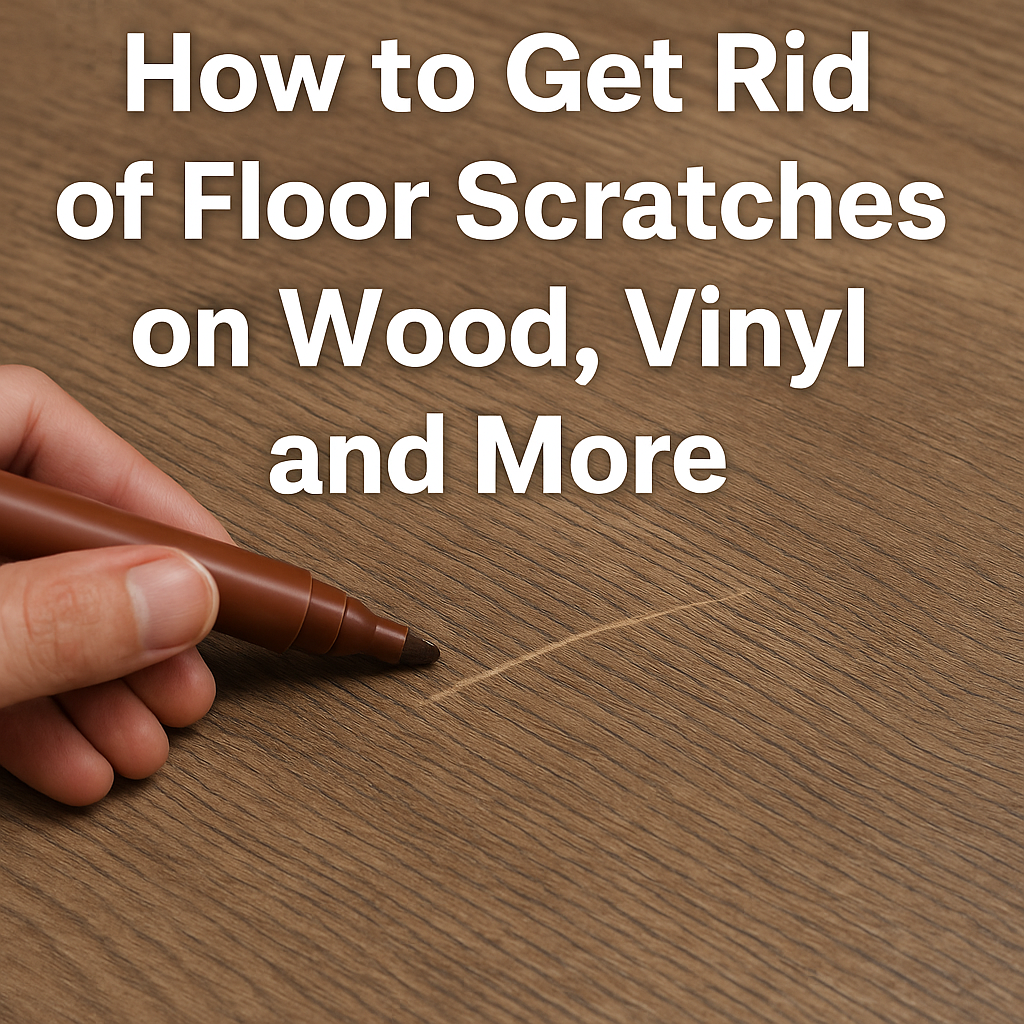
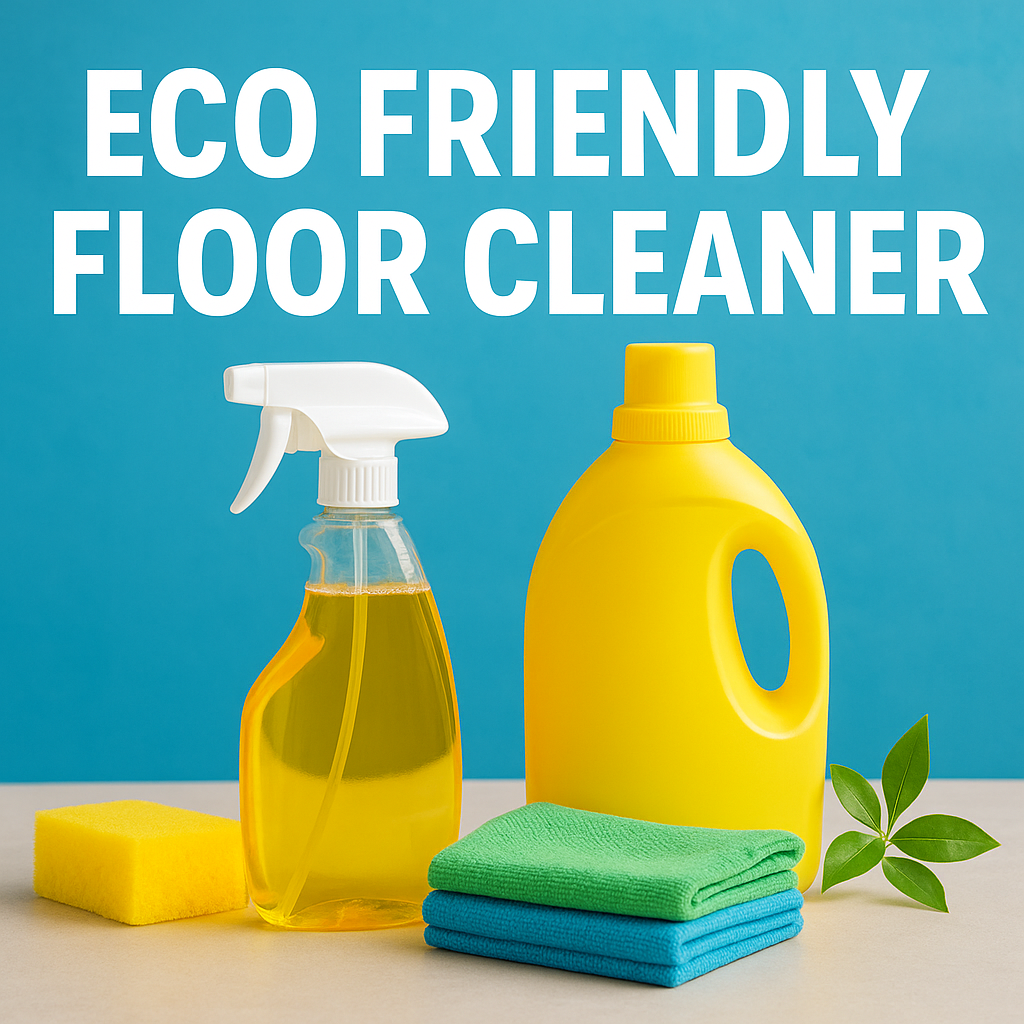
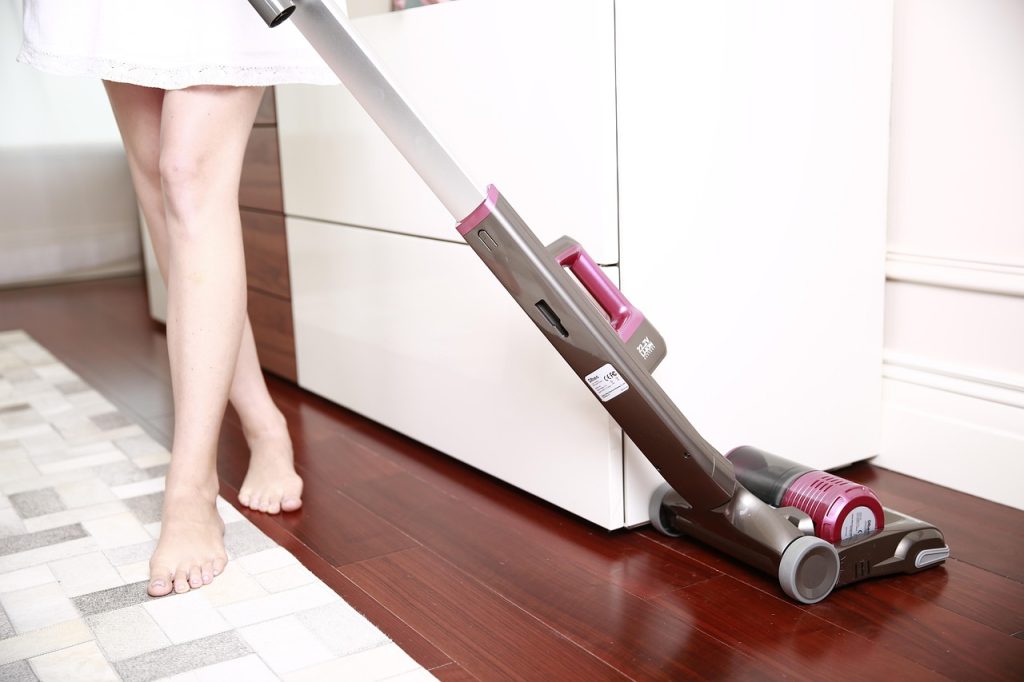
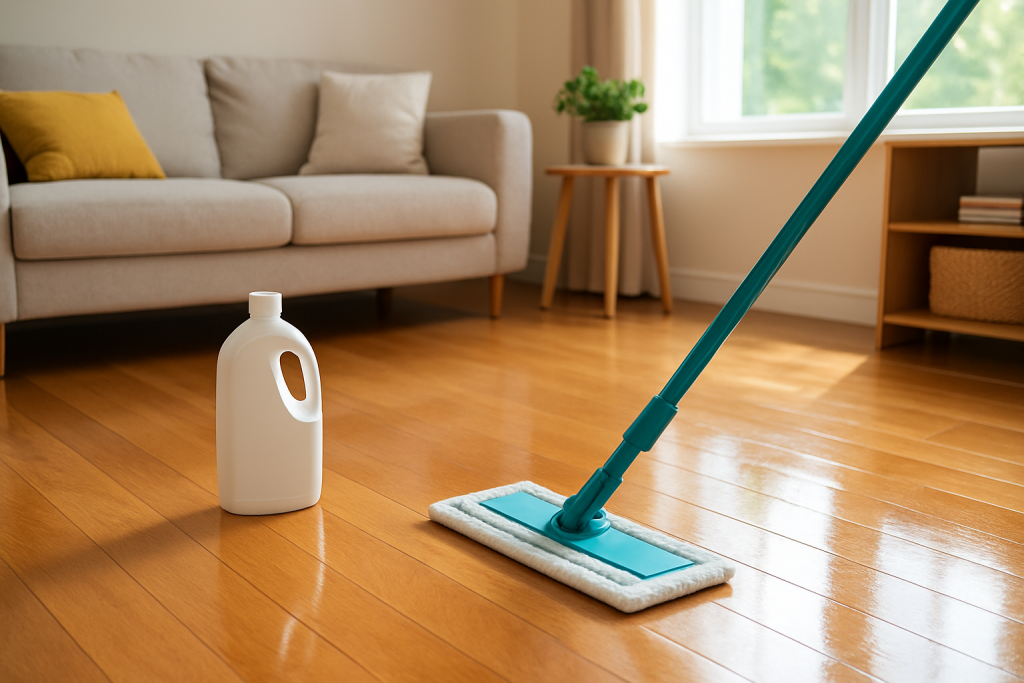
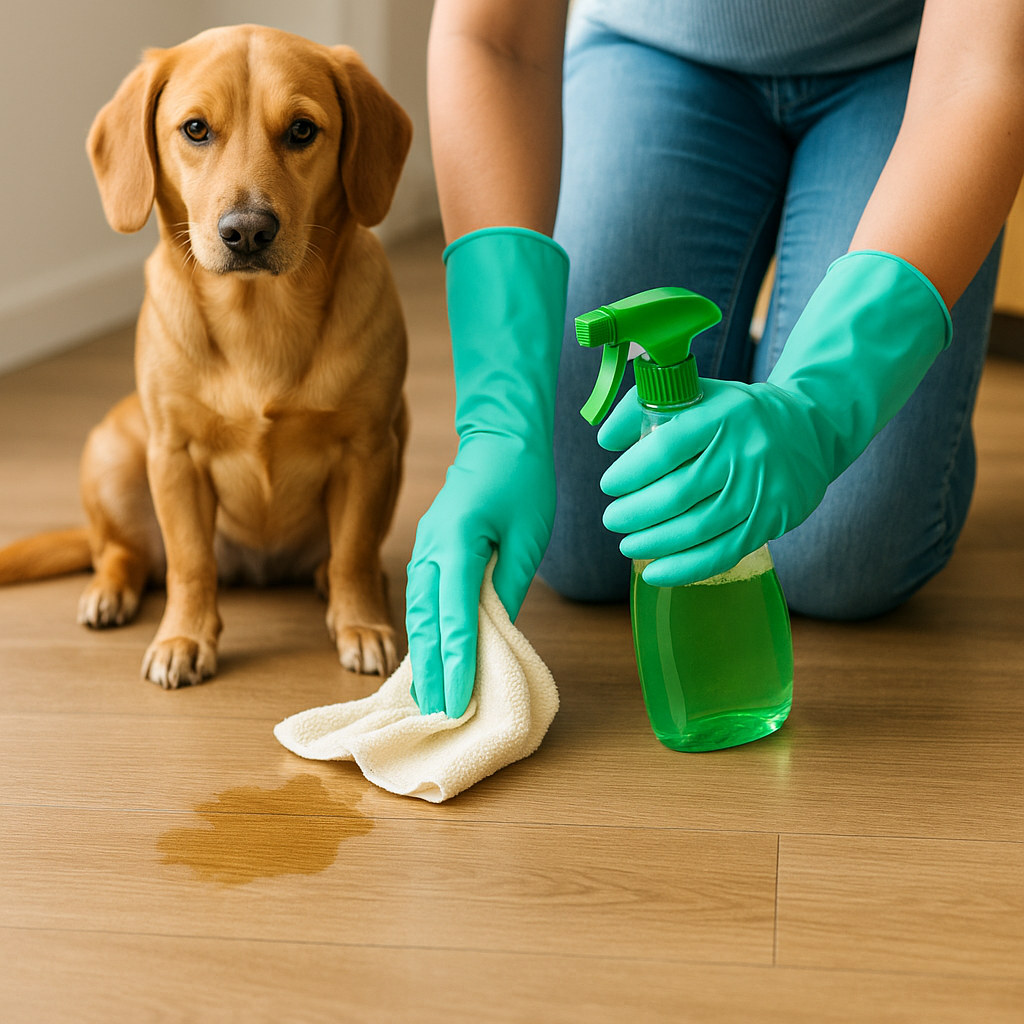
Leave a Reply